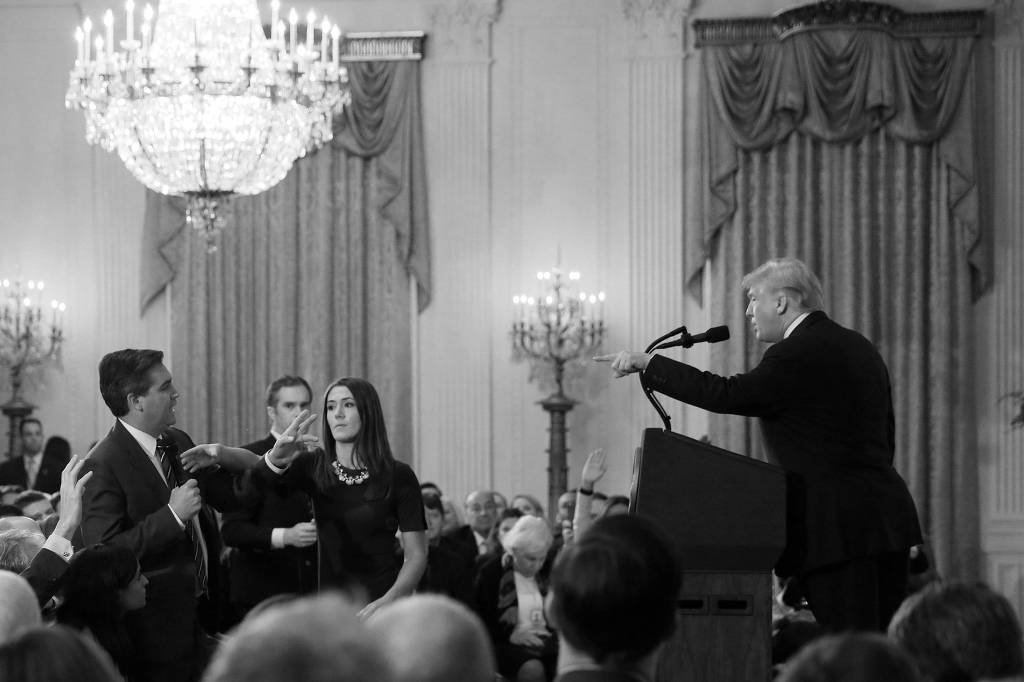
Daddy with Daddy: The US Example Offers Progress and Caveats
(Czech Republic) on 01 Nov 2018
by Petr Kambersky (link to original)
The proponents of change, that is, those that want members of the same sex to be able to marry legally, see their struggle as a further step in the advancement of universal human rights, which begins somewhere with “Thou shalt not kill,” continues through the issuing of the U.S. Constitution and reaches its apogee in the abolition of slavery and racial segregation.
Seen through this lens, then, the inability of gays and lesbians to marry is a senseless denial of their basic rights. Just as a person is born Czech or Jewish and entitled to the same rights as a German, so the vast majority of gays and lesbians didn’t choose their orientation. They say: You have absolutely no idea what we’ve suffered, especially growing up. And now you want to keep making us second-class citizens?
The other side also has strong cards in hand. It says: Marriage isn’t the sort of right just anyone can claim. It’s an institution established primarily for the procreation and raising of children, and as such, we give it preferential treatment. Just as a person who can’t have children has no automatic right to the benefits that couples raising children have, gay couples also have no claim on those benefits.
We’re not going to judge here which arguments are stronger. But let’s add one story. On June 26, 2015, the U.S. Supreme Court decided by the narrowest of majorities that it follows from the Constitution that everyone has the right to enter into marriage. The ruling aroused great joy – and great indignation. In the opinion of the four dissenting justices, the right to legislate on the issue belongs to individual states, and by no means does the Constitution imply that Washington has the right to dictate to people in Texas or Utah where values are concerned. The impossibility of legally marrying is not a prohibition against sitting on the bus.
The watershed decision had its unplanned consequences: a large portion of Americans say in surveys that they voted for Donald Trump in the hope that he would put an end to such “activism” on the part of the Supreme Court. And that’s what happened: Trump nominated the very conservative justices Neil Gorsuch and Brett Kavanaugh. The balance was utterly reversed so that, paradoxically, not only may homosexual marriage be in danger, but greater restrictions against abortion could also be forthcoming.
The lesson is clear: It’s good to be ahead of public opinion, but you can’t push for change too forcefully. The reaction may be even worse than the original state of things.

